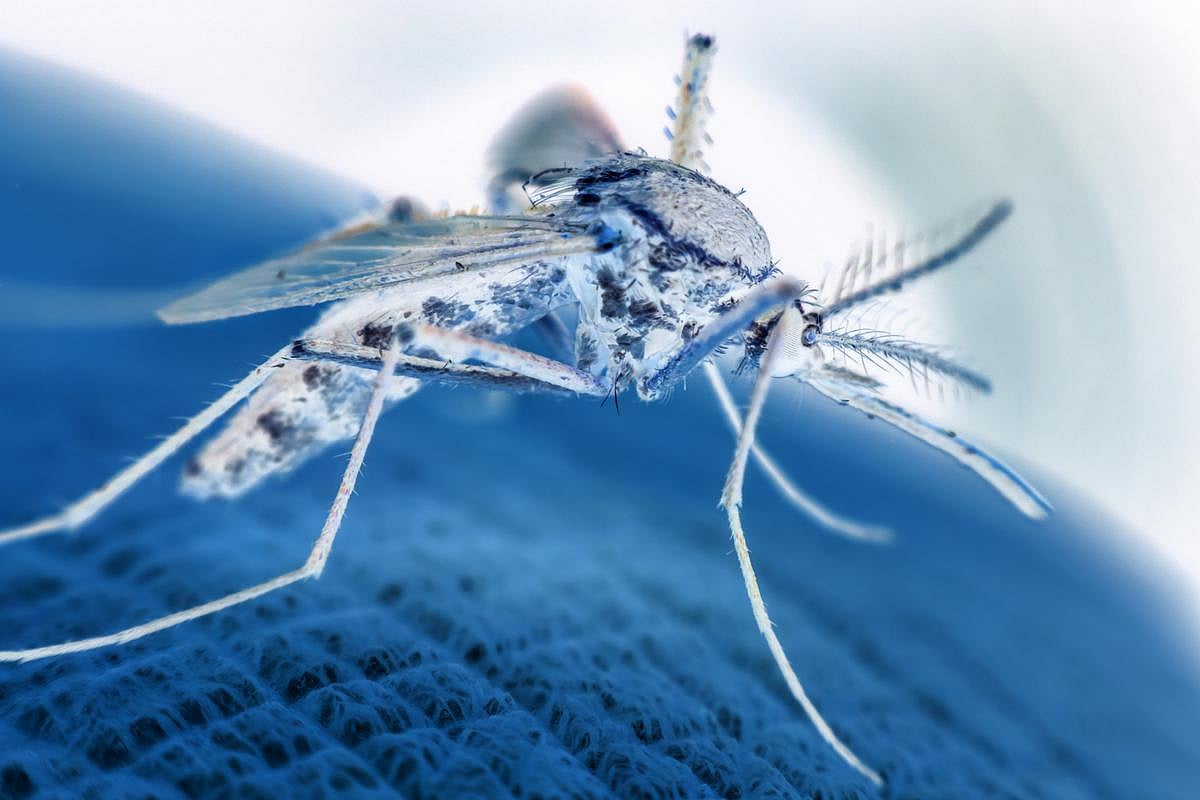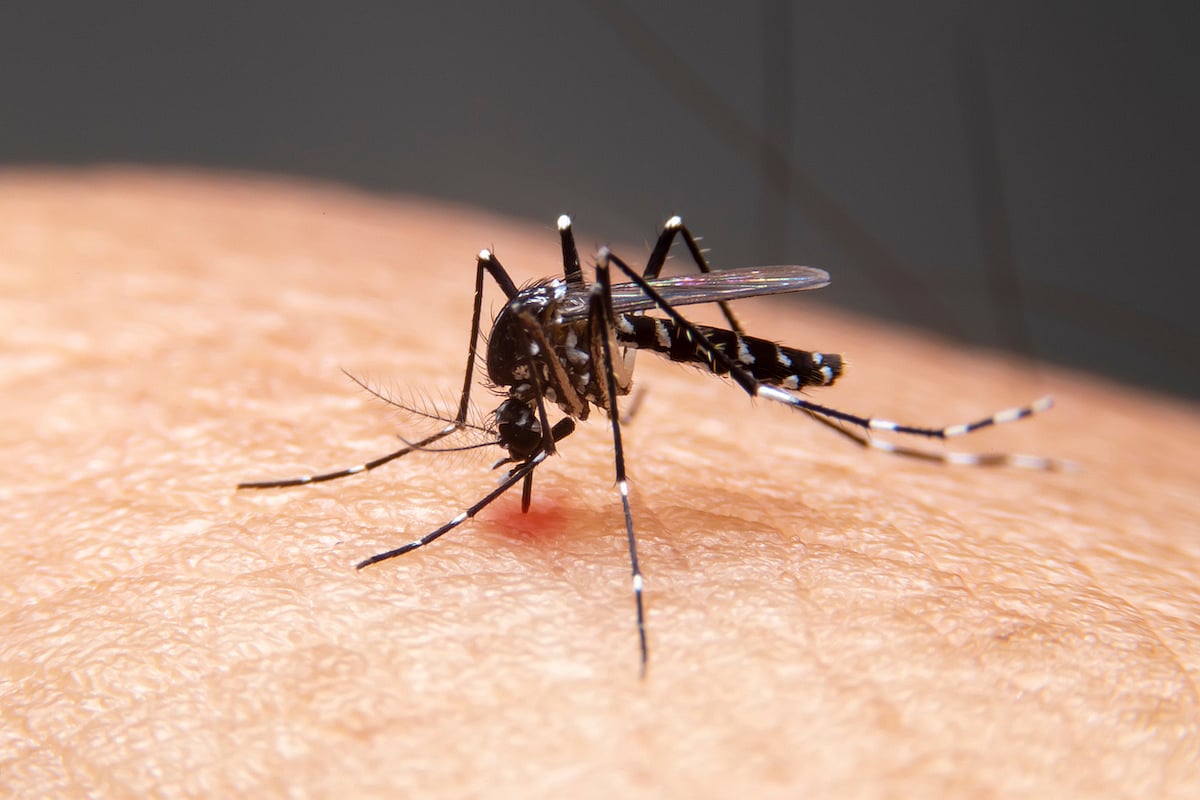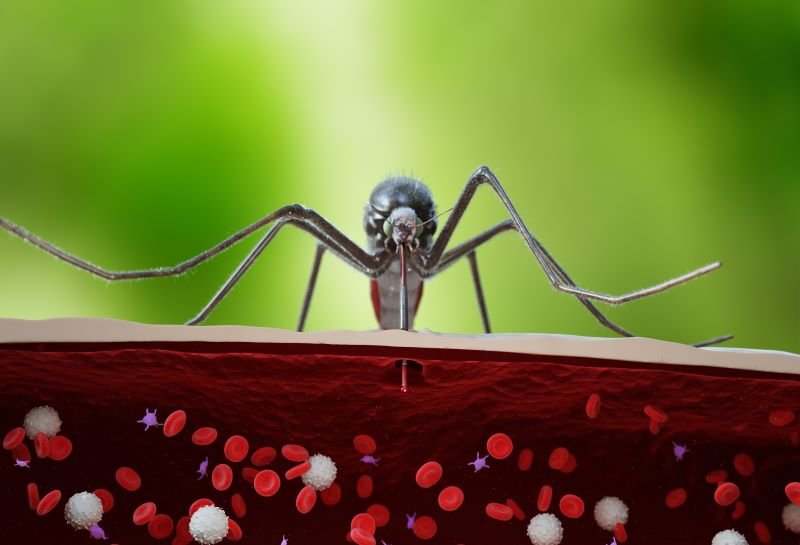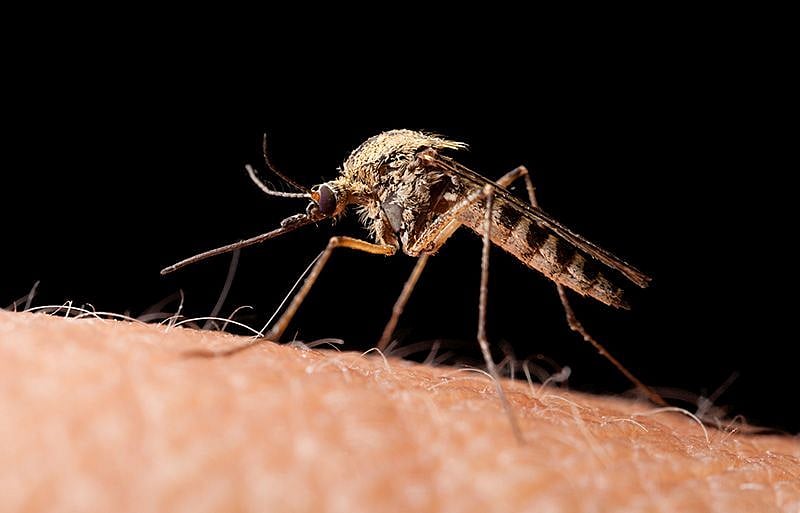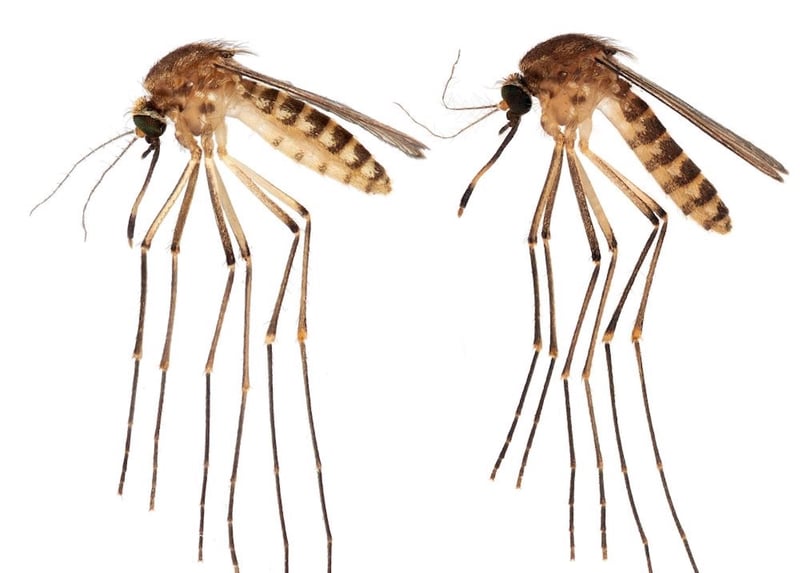Get Healthy!
Results for search "Malaria".
Health News Results - 17
A new malaria treatment has been approved for newborns and infants under 11 pounds, filling a major gap in care for some of the most vulnerable children.
The medicine, called Coartem Baby (also known as Riamet Baby), was approved by Switzerland’s health agency, Swissmedic, The Washington Post reported.
- HealthDay Reporter
- I. Edwards
- |
- July 9, 2025
- |
- Full Page
More than 14 million children and adults will die from preventable causes during the next five years as a result of U.S. foreign aid cuts, a new study projects.
Programs supported by the U.S. Agency for International Development (USAID) prevented 91 million deaths between 2001 and 2021 in low- and middle-income countries, researchers report in
Over 600,000 people worldwide die from mosquito-borne malaria each year, with the majority of these deaths happening among children under 5.
Now, there's troubling news that the malaria parasite may be gaining resistance against artemisinin, the drug most often used to try and save these young lives.
“This is the first study from Africa showing that children with malaria and c...
- HealthDay Reporter
- Ernie Mundell
- |
- November 14, 2024
- |
- Full Page
Scans using lasers and ultrasound can pick up signs of a malaria infection through the skin, without the need for a blood draw, Yale researchers report.
The technology, called Cytophone, could be a real boon for developing countries where access to labs for blood tests isn't always available.
According to a Yale news release, the researchers believe Cytophone "could dramatically al...
- HealthDay Reporter
- Ernie Mundell
- |
- October 31, 2024
- |
- Full Page
It's that time of year when mosquitoes are at their peak, buzzing around barbecues and stinging at will.
But you don't have to become their next victim, says one expert who offers tips on how to avoid being bitten.
Dr. John Wolf, a professor of dermatology at Baylor College of Medicine in Houston, says it come...
- HealthDay Reporter
- Robin Foster
- |
- August 17, 2024
- |
- Full Page
A malaria drug could help immune-compromised people who can't shake off babesiosis, a tick-borne parasitic infection, a new study says.
The drug tafenoquine helped cure four New England patients whose babesiosis infections weren't knocked out by the usual standard of care, researchers reported recently in the journal
There's been another case of locally acquired malaria in the United States, this time in Maryland, authorities report.
It's the first time this has happened in that state in 40 years.
No evidence connects this case to seven locally acquired infections in Florida or another one in Texas that were previously reported, according to the U.S. Centers for Disease Control and Prevention....
- HealthDay Reporter
- Cara Murez
- |
- August 21, 2023
- |
- Full Page
The United States now has had eight reported cases of malaria, seven of them in Florida, state health officials reported Tuesday.
Considered a public health emergency, these cases are the first in two decades to be acquired within this country's borders, not reported by someone who had traveled elsewhere, the U.S. Centers for Disease Control and Prevention
Public health authorities are continuing to investigate malaria cases in Florida and Texas, gathering mosquitoes for tests.
Multiple mosquitoes from Sarasota County in Florida have tested positive for malaria at a U.S. Centers for Disease Control and Prevention lab, CBS News reported.
So far all mosquitoes tested in Texas have been negative for the disease, according to a s...
- HealthDay Reporter
- Cara Murez
- |
- June 30, 2023
- |
- Full Page
Public health officials are warning doctors, especially those in southern states, to be on the lookout for local spread of malaria after five cases have been reported in the United States in the past two months.
This is the first time there has been local spread in this country since 2003. Four of the cases were found in Florida and the fifth was in Texas, the U.S. Centers for Disease Co...
- HealthDay Reporter
- Cara Murez
- |
- June 27, 2023
- |
- Full Page
Florida has yet another new mosquito species in its midst that has migrated from the tropics, settling in at least three counties since 2018.
It's not yet clear whether this one, called Culex lactator, will contribute to transmission of mosquito-borne viruses in the state, but scientists are concerned about the rate of new mosquitoes arriving in Florida.
"There are about 90...
- HealthDay Reporter
- Cara Murez
- |
- March 24, 2023
- |
- Full Page
New research has confirmed that a three-dose malaria vaccine is both safe and effective in West African adults, including those previously exposed to malaria.
Researchers at the University of Maryland Center for Vaccine Development and Global Health (CVD) led work on the Plasmodium falciparum sporozoite (PfSPZ) vaccine.
The clinical trial, which included 80 participants, co...
- HealthDay Reporter
- Cara Murez
- |
- January 6, 2023
- |
- Full Page
A new malaria antibody treatment may keep more people free of the sometimes deadly disease for up to six months in regions where infection rates are high.
Instead of requiring the immune system to make enough antibodies, this experimental drug provides those who receive it with a large amount of lab-made antibodies. It requires an infusion via IV, but a shot version of the drug is in ear...
- HealthDay Reporter
- Cara Murez
- |
- November 1, 2022
- |
- Full Page
The fight against malaria could hinge on genetically engineered mosquitoes that have something called "gene drive."
Researchers from the Transmission: Zero team at Imperial College London report that they have engineered mosquitoes that slow the growth in their gut of the parasites that cause malaria. This delay would mean the mosquito would reach its natural life span before the parasite...
- HealthDay Reporter
- Cara Murez
- |
- September 22, 2022
- |
- Full Page
Researchers are reporting early but encouraging findings on a potential new way to prevent malaria -- an old foe that still ranks as a major killer worldwide.
In a small trial of healthy volunteers, U.S. government researchers found that a lab-engineered antibody protected most participants from infecti...
- HealthDay Reporter
- Amy Norton
- |
- August 4, 2022
- |
- Full Page
The first vaccine to protect against malaria has been endorsed by the World Health Organization (WHO) and could prevent the deaths of tens of thousands of children a year.
Malaria kills about half a million people worldwide annually. Nearly all of those deaths occur in sub-Saharan Africa and include 260,000 children under the age of 5, The New York Times reported.
...
- HealthDay Reporter
- Robert Preidt
- |
- October 6, 2021
- |
- Full Page

